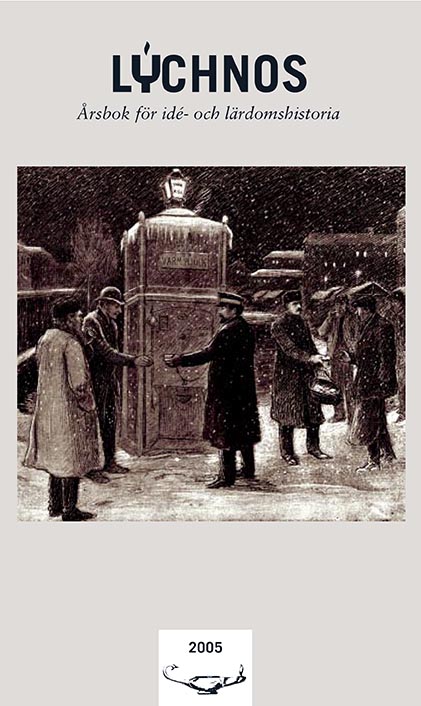The delayed triumph of pasteurization
Abstract
This article discus- ses the public debate about pasteurization in Sweden from the 1880s to the 1940s. It attempts to discern the intricate interaction between scientific knowledge, commercial interests, and political agendas in policy-making and legislation from an actor–network perspective. The article discusses how the different alliances were formed, that finally ensured the success of compulsory pasteurization. These alliances were in part dependent on an institutional framework that evolved over time. The threat of tuberculosis remained important throughout the whole period and helps us understand why pasteurization became such an issue. Notions of quality also play a part in understanding the history of pasteurization and the history of the urban milk supply, with its commercial and municipal actors.
From the 1880s to the 1920s, a semi-consensus is established within the scientific community. There is agreement that bacteria do exist, that milk may indeed transmit infections – in particular tuberculosis – and that pasteurization is a practical and comparatively cheap way of making milk safe. The technical difficulties in the pasteurization process are also overcome during this period. But the commercial interest in pasteurization is weak. The political initiative is also lacking. Not until the 1930s does a strong pasteurization lobby appear, that joins commercial, political, and scientific interests. The downturn of the world economy helps bring about this change of attitude, but it is the conjuncture of commercial, political, and medical aspects that tips the scales in favour of pasteurization.
Downloads
Published
Issue
Section
License
This work is licensed under a Creative Commons Attribution 4.0 International License. The copyright for the work published in Lychnos remains with the authors.


